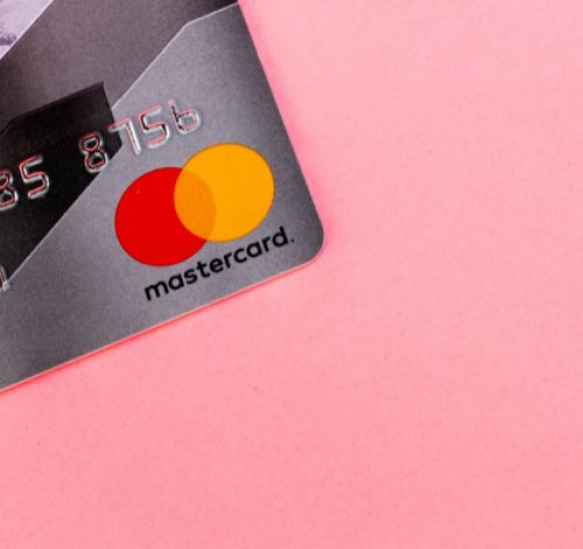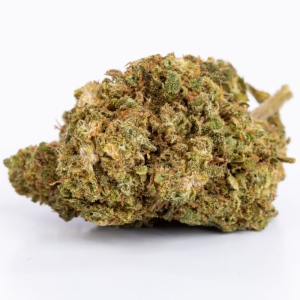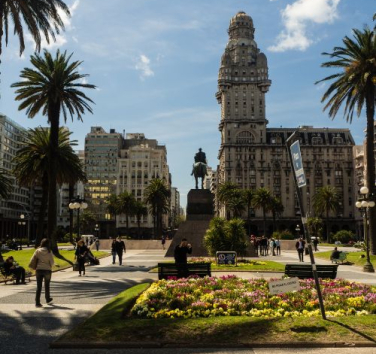Purchasing cannabis online: MasterCard's controversial position
MasterCard believes that there is a significant gap between federal and state laws regarding the sale and consumption of recreational cannabis. Evidence of this notable disparity: Hemp plant is prohibited for consumption at the federal level…but is legal in 38 states.
The payment systems giant believes that as long as the federal government considers cannabis sales illegal, these purchases cannot be handled by its payment cards.
Supporters of this decision by MasterCard believe that recreational cannabis is still in a “gray” area from a legal point of view. The credit card network must therefore arbitrate between local and federal laws. For obvious reasons, MasterCard chose to side with federal law.
What impact on the cannabis industry in the United States?
As soon as it came into force at the start of the 2023 school year, the decision of MasterCard increased the operational burden on physical or online cannabis businesses. Above all, there are additional challenges associated with handling, storing and transporting large quantities of cash, which undoubtedly increases the risks to the safety of staff and customers.
Also, the absence of card transactions considerably limits the financial data available to these companies for the analysis and strategic planning of their business.
MasterCard's decision strongly criticized by cannabis professionals
In a statement to NPR, the leading non-commercial, public service broadcast network in the United States, Senator Patty Murray explains: "It makes no sense to force these legal businesses to work with cash, and it is dangerous, and sometimes even fatal, for the employees behind the counter.”
For his part, Brady Cobb, CEO of Sunburn Cannabis, believes that this decision constitutes a significant setback for legal cannabis businesses and consumers who wish to access legal, traceable cannabis products and offered by structures that pay their taxes.
It remains to be noted that voices are increasingly being raised for federal legalization of recreational cannabis, especially for economic reasons. Indeed, such a decision could bring nearly $57 billion per year to American GDP by 2030.
To know
Democrats dominate the U.S. Senate and plan to pass the SAFE Banking Act, a law aimed at protecting banks and their employees from punishment when working with legal cannabis businesses in the 38 states where hemp is authorized.















